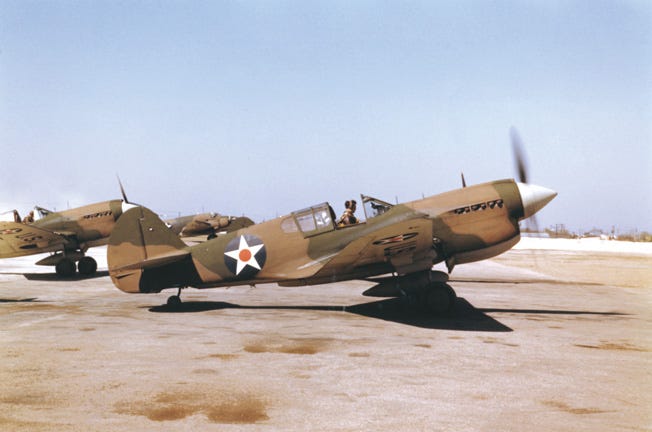Today in history: War comes to Silay
Expat life, 1942-style: waiting, wondering, staring, fearing
Elizabeth Vaughan (1905-1957) was a journalist and Sociologist. Interned in the Bacolod Internment Camp and Santo Tomas internment camp in Manila, 1942-45. Her diary entry for Sunday, March 8, 1942 is a glimpse of expat life as the Japanese came closer and closer:
Java off the air, Batavia has fallen. Mindora [Mindoro] in PI. occupied. All are talking of fleeing to the mountains. Still no evacuation houses built, but much talk of same. “God save the Queen” the last words from Java radio. Strange that that homely, housewifely looking woman should be the last thought of fighting soldiers and that she should feel the responsibility for a nation of fighting men. Such are the quirks of royalty. Strange, too, that all bad news of war has come to us on Sunday on Sunday morning broadcasts.
Visit to hospital to see the Wileys and the White baby, wee motherless mite, being cared for by sisters in Manapla Hospital. Mr. Wiley up but Mrs. Wiley still in bed from broken ribs and collar bone.
Sitting on freshly mowed grass square in center of compound—the “Plaza,” we call it—about 6:30 DST when suddenly a roar and just above tops of acacia trees and coconut palms, alternately bordering Plaza, airplane appeared. Strange as it seems, low-flying planes cannot be heard as distinctly as higher ones. It may be because this was a single-motored lone plane, but we saw and heard it overhead at same time. We could almost touch it as it dipped low over the Plaza lawn. My two babies, the Osses, and their five-year-old could have been hit directly had the plane been Japanese. White star with red center on dark background plainly discernable on plane’s wings. This was the first time planes had been close enough to see markings and all rushed to the bulletin board to look again at insignia posted there for identifying planes. We knew that the star meant either American or Russian planes—and surely the Russians are too busy at home to have observation planes flying over the PI (Red star on wings—Russian. We had no time to look for identifying tail marks.)
Daily sessions at tennis court in late afternoon. Those not playing discuss the war and those in the game add opinions between sets. Occasionally such irrelevant remarks as “Why is no-score in tennis called “love?” Answer (from Reader’s Digest) giving word as l’ouef (French for the egg—a goose egg to us), from the French version of the game.



